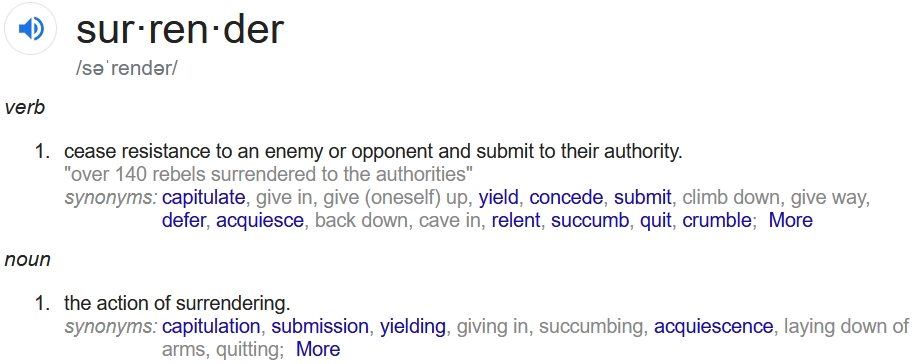There’s an ever-shrinking line between the modern journalist and the modern activist. Journalists are supposed to be objective messengers who relay factual information, while activists are biased campaigners who seek to enact change. In the twitter era, it’s become increasingly difficult to find journalists who aren’t activists first and foremost. There are countless examples to highlight this fact, but I’ll be focusing on just one in this writing: gun buybacks.
Gun buyback talk has been all the rage as of late due to back-to-back shootings that occurred on August 3rd and 4th in the U.S. As is consistently the case, whenever a shooting occurs that provides a beneficial political narrative, the gun legislation talk ramps back up. We know this to be the case, because shootings that can’t be used for political posturing never elicit the same heated response.
For example, there have been 25 mass shootings in Chicago this year as of this writing (gunviolencearchive.org). None of these shootings had trending hashtags on twitter or rampant calls for changes in gun legislation. Journalists weren’t tripping over themselves to write countless articles about this particular epidemic of gun violence. In Chicago, this violence is largely poor people killing other poor people. This isn’t a narrative that journalist activists can use to effectively demonize those on the other side of the political aisle, and whip latte-drinking, middle-class white people into a fervor, clamoring for government intervention. The victims themselves ultimately don’t matter to these people; feeding political outrage culture does.
This is where the loaded language comes into play. Loaded language is rhetoric attempting to influence by appealing to emotion or stereotypes. Take for example the very term “buyback”. This term is deceptive by very nature of how it is used.

If a government has not sold guns to its own citizens, that government cannot possibly have a gun “buyback” by very definition of the word. Governments do sell guns to other countries however, with the U.S. being responsible for 33% of worldwide gun exports. To the best of my knowledge, the U.S. doesn’t actually buy back guns it has sold to other countries; an act that would actually constitute a legitimate gun buyback.
Next, let’s look at another term often used for purposes of rhetoric:


“Returned” sure seems like an innocuous enough term at face value. Within the context of this subject however, it represents blatant loaded language. Returned implies that something was initially either borrowed or taken, i.e. the government in question owned these objects which are now being returned. This is obviously not the case, and any journalist writing an article on this subject would be well aware of this fact.
“Returned” is being used in these articles to imply that the gun owners who sold their belongings to the government were somehow in the wrong to begin with by owning them. It’s very subtle, but is completely intentional. You immediately know these journalist’s opinions on guns by the fact that the term “returned” was used. You’ll never see a Second Amendment advocate or absolutist using this term within the context of a government buyback, let alone an impartial journalist.
Finally, we have a rhetorical term that really doesn’t even try to hide it’s intentions:



This term is so loaded that it should be illegal to possess within a school zone.

There’s no alternate definition for this term that somehow implies anything other than what these publications are explicitly trying to get across. The people who owned these guns (legally) were somehow criminals for owning them (legally), and have consequently “submitted to the authorities”. Nice.
Maybe the casuals who read these types of publications are somehow under the impression that only the “bad guys” are turning their weapons in. This isn’t even remotely close to reality though. The guns that get turned in are usually inherited guns that people have no personal use for, or guns that gun owners no longer want in their arsenals. Criminals are the absolute last demographic who are going to willingly show up around police with a gun in their possession. The guns turned in to these buyback programs are guns that statistically would have never been used for illegal reasons.
Practically every last individual selling a gun at one of these events is a law-abiding citizen, yet the term “surrendered” seems to imply otherwise. It implies criminality. A bank robber or a hostage taker surrenders to authorities, not someone selling an object they legally own but no longer want. Publications who use a word like “surrender” are associating gun ownership with criminality, full-stop. If guns are only owned by criminals, then obviously we should strip everyone of their guns. It’s all very dishonest, yet completely intentional. It’s activism, not journalism.
The point here isn’t to take a side on New Zealand’s lawmaking decisions. New Zealand can do whatever they feel fit to as a country. The point is to show how journalist’s activist tendencies show through in their writings, and how easy it is to see through these biases by something as simple as assessing how a headline was written. This doesn’t just apply to topics like buybacks, and it doesn’t just apply to one side of the debate on any hot-button issue. It does serve to pull the curtain back and distinguish the objective journalists from the activist ones however.

